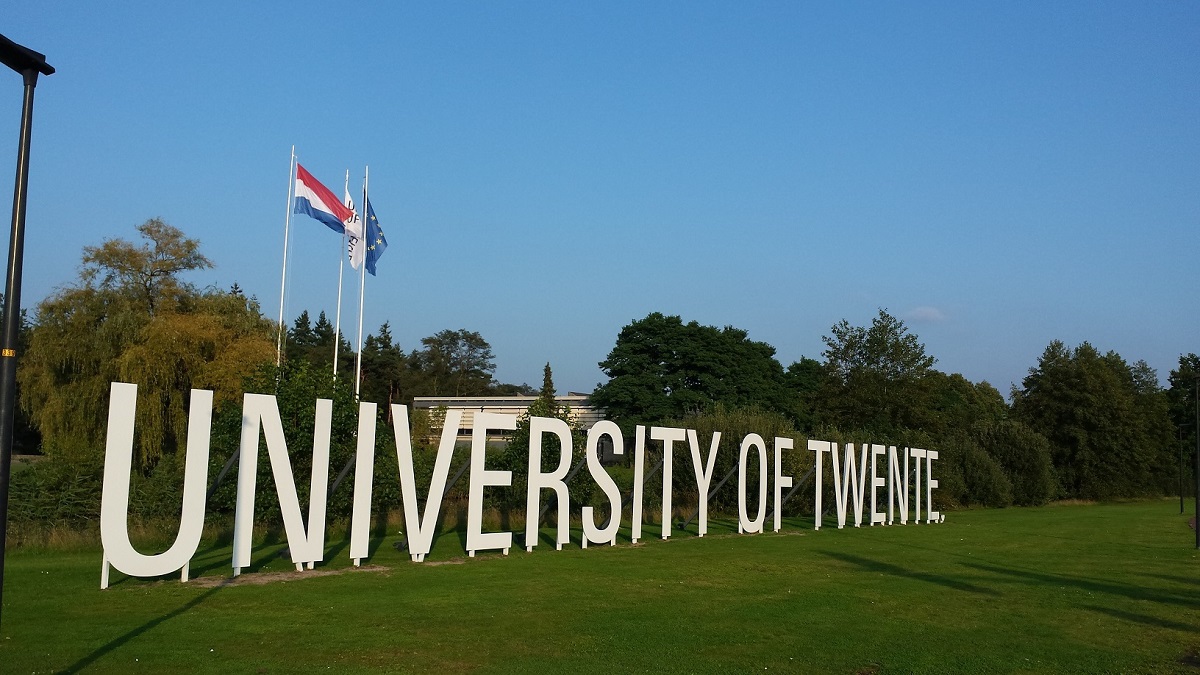The Centre of Expertise in Big Geodata Science (CRIB) uses a collaborative approach to develop innovative, time- and energy-efficient solutions for large and complex geospatial and Earth Observation workflows and shares this know-how with colleagues from the Faculty ITC, its network of partners, and beyond.
You will perform research on methods to improve the performance, efficiency, and environmental impact of geospatial workflows to process large spatiotemporal datasets by using spatiotemporal datacubes and modern parallel and distributed computing capabilities provided by computing infrastructure. You will contribute to the development of open-source research software that implements such methods to enhance the quality and efficiency of geospatial computing at scale.
You will work closely with staff and students of the Scientific Departments of the Faculty ITC to apply the developed tools and similar big data and cloud computing technologies to help address real-life problems in various geospatial research domains and themes. You will also contribute to national and international research project development on these topics.
You will publish the research and application outputs, including lessons learned, as open-access scientific publications in line with Open Science and FAIR principles, and present them at scientific meetings and conferences.
You will contribute to CRIB’s capacity development activities by organizing training and community building activities, and support the operation of our award-wining Geospatial Computing Platform, which serves geospatial computing needs of ITC staff, students, and alumni.
YOUR PROFILE
- A PhD degree in Computer Science, GIS, Remote Sensing, or a similar field with relevance to geospatial computing.
- Research interests that fit into our vision to develop and share know-how and tools for time- and energy-efficient geospatial computing.
- Excellent collaboration skills in a multi-cultural academic setting and ability to work independently.
- Experience in cloud computing and big data technology.
- Experience in computing with SIMD, multithreading, GPU, or multi-GPU technologies. Experience with containerized workflows is an advantage.
- Experience with low- and high-level geospatial computing tools (e.g., Pangeo Stack, GDAL, PDAL, etc.) and spatiotemporal datacubes. Experience with ML/AI frameworks is an advantage.
- Experience in software development in a research environment. Relevant skills for developing and documenting open-source, robust, and reusable software is an advantage.
- Experience with high-level programming languages (e.g., Python and R). Experience with system programming languages (e.g., C and C) is an advantage.
- An excellent command of English. Knowledge of, and/or willingness to learn Dutch is an advantage.
OUR OFFER
- An inspiring and challenging international environment
- Fulltime position for initially one year, after which your position will become permanent, subject to a successful evaluation
- Gross monthly salary between €3,974.- and €5,439.- (depending on experience and qualifications, job profile Researcher 3)
- A holiday allowance of 8% of the gross annual salary and a year-end bonus of 8.3%
- Excellent support for research and facilities for professional and personal development
- A solid pension scheme
- A total of 41 holiday days in case of fulltime employment
- Professional and personal improvement programmes
- Costs for moving to Enschede may be reimbursed
Your position will be within the ITC Faculty Bureau, under which the CRIB is located. You will report to the Head of CRIB.
INFORMATION AND APPLICATION
Additional information about this position can be obtained from Dr. Serkan Girgin (e-mail: s.girgin@utwente.nl). You are also invited to visit our homepage.
Please submit your application before 5 May 2023. Your application has to include (i) motivation letter emphasizing your specific interest in the position and outlining your relevant skills and experience (max. 2 pages), (ii) a detailed Curriculum Vitae, and (iii) the names of two references.
The University of Twente wants to be an organisation that optimally deploys diversity, talents and capabilities in the labour market for now and the future. In the framework of our diversity and inclusiveness policy, we strongly stimulate people with a (work) disability to apply for this position.
